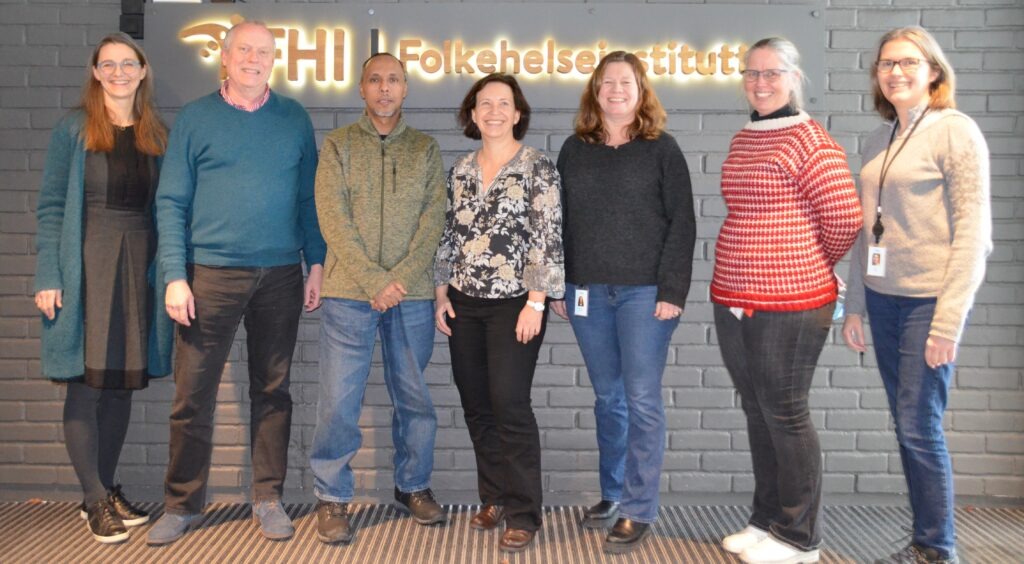Mapping Exposure-Induced Immune Effects: Connecting the Exposome and the Immunome
Partner in the spotlight: NIPH
September 5, 2022
Our partner in the spotlight series continues, and we’re glad to present the Norwegian Institute of Public Health (NIPH). The NIPH is a research institute organized under the Ministry of Health in Norway. Its goal is to produce and communicate knowledge on health-related topics to the Norwegian government, to promote a longer and healthier life. Topics covered include infectious diseases, environmental health, non-communicable diseases and mental health. To perform these tasks, the institute has an infrastructure of laboratories, registries and biobanks in place. The main outputs are systematic reviews and advisory reports to support the government in the development of policies on health and care services. The knowledge is based on an extensive research portfolio that is mainly funded by external grants from the Norwegian Research Council, the European Union and others.
The Department of Environmental Health at NIPH provides research data on the effects of environmental factors like chemicals, air pollution, radiation and noise on human health. Exposure to chemicals is studied with a state-of-the-art biological monitoring laboratory. The research portfolio supports science-based advice to the Norwegian Food Safety Authority and the Norwegian Environment Agency, and their European counterparts EFSA and ECHA. Chemical hazard and risk assessments are important deliveries of the department as well as research activities related to immunotoxicology, epigenetics, inhalation toxicology and neurotoxicology. The department is also a partner in several EU projects, including HBM4EU, ATHLETE, POLYRISK, ULTHRAS, ONTOX and the Partnership for the Assessment of Risk from Chemicals (PARC).
Our department aims to drive the field of immunotoxicology forward by identifying immune effect biomarkers for use in epidemiological exposure studies as well as develop in vitro screening assays. To achieve this, our work focuses on high-dimensional immune profiling and systems immunology. Mass cytometry, also called cytometry by time-of-flight (CyTOF), has emerged as a powerful tool for high-dimensional analysis of the immune system’s cellular composition and function at the single-cell level. The CyTOF platform at NIPH has expertise in CyTOF applications within the fields of toxicology, immune-related diseases, systems immunology, bioinformatics, infections and vaccinology.
In EXIMIOUS, NIPH is represented by an experienced team of researchers including Unni C. Nygaard, Berit Granum, Hubert Driven, Nur Duale, Hege Hijertholm, Birgille Linderman, Anette Kocbach Bolling, and Evangel Kummari. They make use of CyTOF to identify immune-cell signatures that are able to discriminate between autoimmune disease states or exposure patterns in cohort studies, and to study changes in immune-cell function following exposure of selected components of the exposome in vitro. The CyTOF analysis enables simultaneous detection of 40-50 markers and will include markers for classification of immune-cell subtypes and their activation status as well as functional markers such as intracellular cytokines. Unsupervised algorithms and statistical analyses will be used to identify immune-cell profiles associated with exposures and specific health outcomes. NIPH will also be responsible for delivering epigenetic data on DNA methylation and microRNAs.
